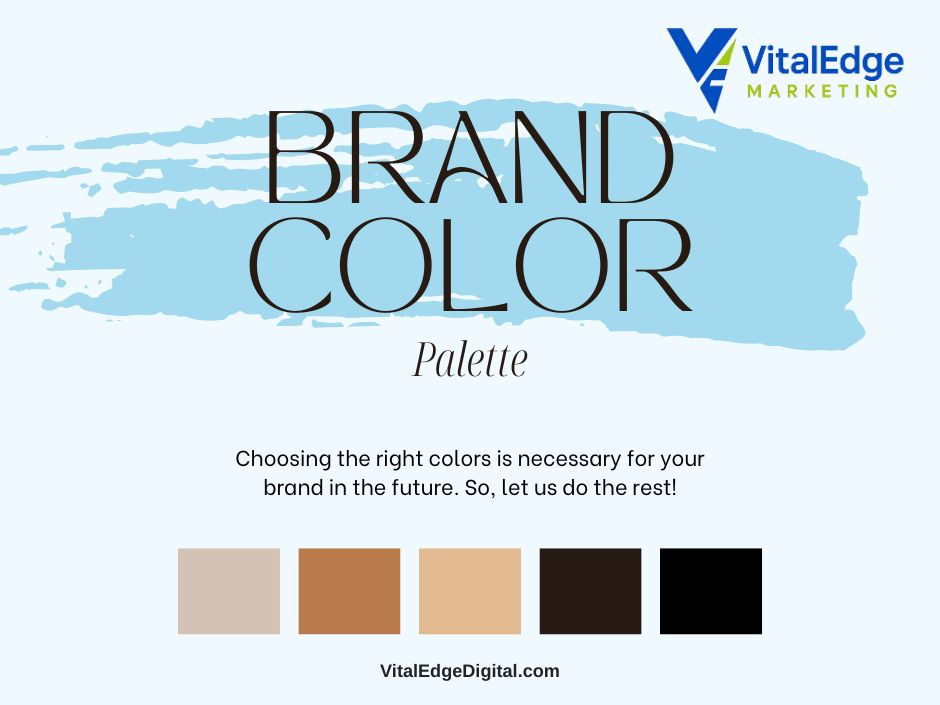The Power of Patient-Centered Content: Blogs, FAQs, and Resources That Build Trust
- Vital Edge Marketing

- Jun 19
- 2 min read

When patients search online for healthcare information, they aren’t just looking for a provider—they’re looking for answers they can trust. From symptoms to treatment options, patients want clear, reliable, and accessible resources before deciding where to book an appointment.
That’s where patient-centered content comes in. By creating blogs, FAQs, and resource hubs tailored to patient needs, medical practices can educate, build trust, and establish themselves as the go-to authority in their field—while boosting SEO rankings at the same time.
Why Patient-Centered Content Matters
Modern patients take an active role in their healthcare decisions. Studies show that over 70% of patients research online before choosing a provider. If your practice doesn’t provide content that answers their questions, they’ll turn to a competitor that does.
Benefits of patient-centered content include:
Building trust and credibility by answering real patient questions
Boosting search rankings with keyword-rich, helpful content
Reducing patient anxiety with clear explanations of procedures and treatments
Increasing conversions by leading patients from research to booking
Blogs: Educating While Ranking on Google
A blog is one of the most powerful tools for healthcare marketing. Every blog post you publish is a new opportunity to:
Target long-tail keywords patients are searching for (e.g., “what to expect after LASIK surgery”).
Showcase your expertise in an approachable, non-technical way.
Drive organic traffic to your website through SEO.
💡 Pro Tip: Focus blog topics on patient intent, such as common symptoms, treatment comparisons, or post-care advice.
FAQs: Answering Questions Before They’re Asked
An FAQ page does more than save staff time—it directly improves SEO. Google loves content that matches natural-language queries, which is exactly how patients phrase questions.
Examples of effective FAQs:
“How much does a root canal cost with insurance?”
“What should I bring to my first physical therapy session?”
“Is telehealth covered by my insurance?”
By structuring these in a Q&A format, you increase your chances of appearing in Google’s featured snippets—the quick-answer boxes that voice assistants also rely on.
Resource Hubs: Becoming the Go-To Authority
Beyond blogs and FAQs, creating a dedicated resource hub positions your practice as an industry leader. A resource hub might include:
Downloadable guides (e.g., “10 Things to Know Before Knee Surgery”)
Video walkthroughs of procedures
Patient testimonials and case studies
Preventive care checklists
This not only improves your SEO but also builds long-term patient loyalty by showing your practice is invested in education, not just appointments.
How Content Builds SEO Authority
Google rewards websites that provide valuable, trustworthy, and authoritative information. By regularly publishing patient-centered content:
You generate more indexed pages (boosting search visibility).
You build backlink opportunities when other sites reference your content.
You improve engagement metrics (time on page, lower bounce rate) that signal credibility to search engines.
Bringing It All Together
Blogs, FAQs, and resource hubs aren’t just nice extras—they’re essential tools for building trust and winning new patients in a digital-first world. By focusing on patient-centered content, your practice can educate, reassure, and guide patients, all while strengthening your SEO and online presence.
Ready to establish your practice as the go-to resource in your field? Contact Vital Edge Marketing today to schedule your free strategy call. Together, we’ll build a content strategy that drives trust and results.


